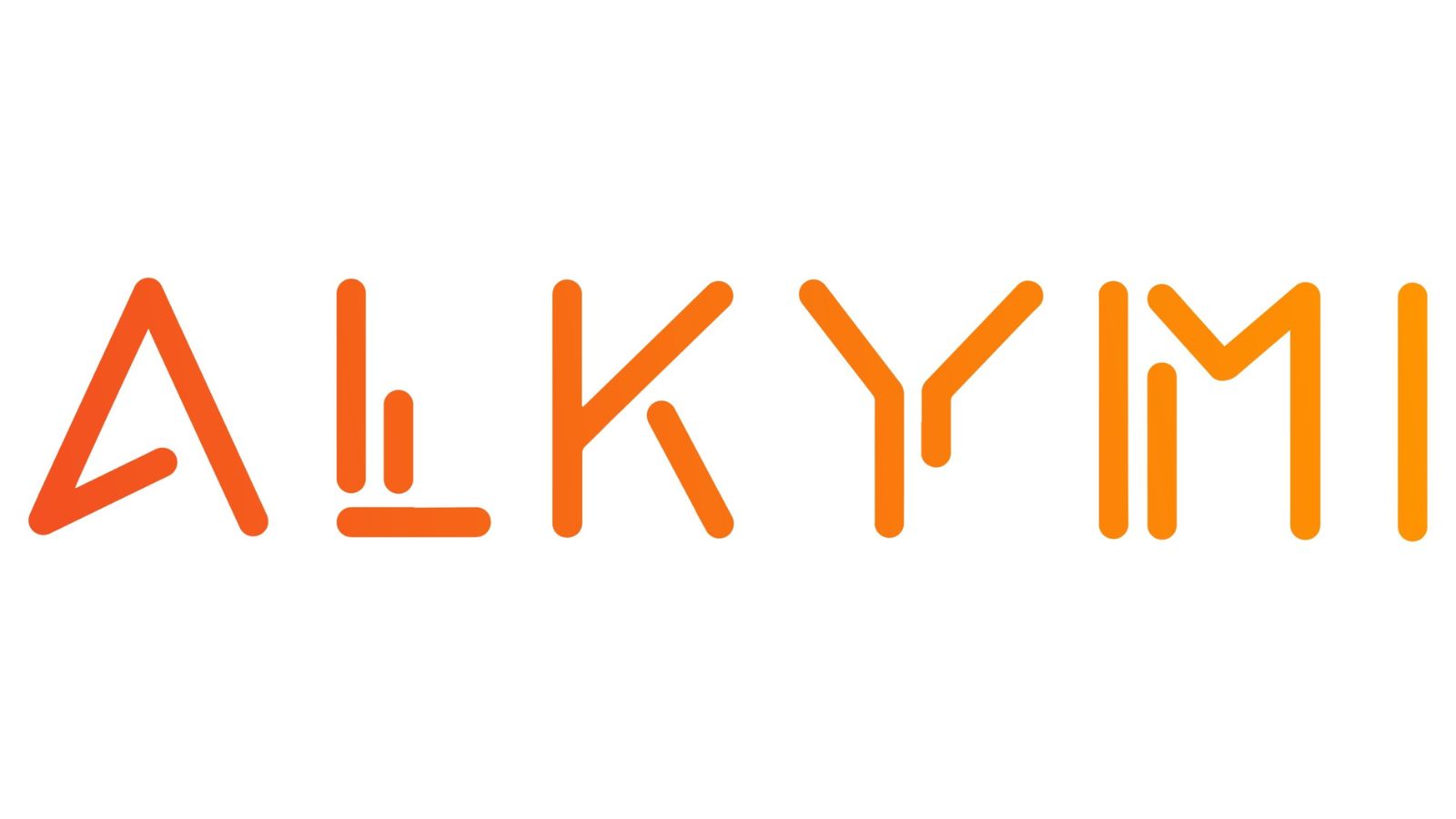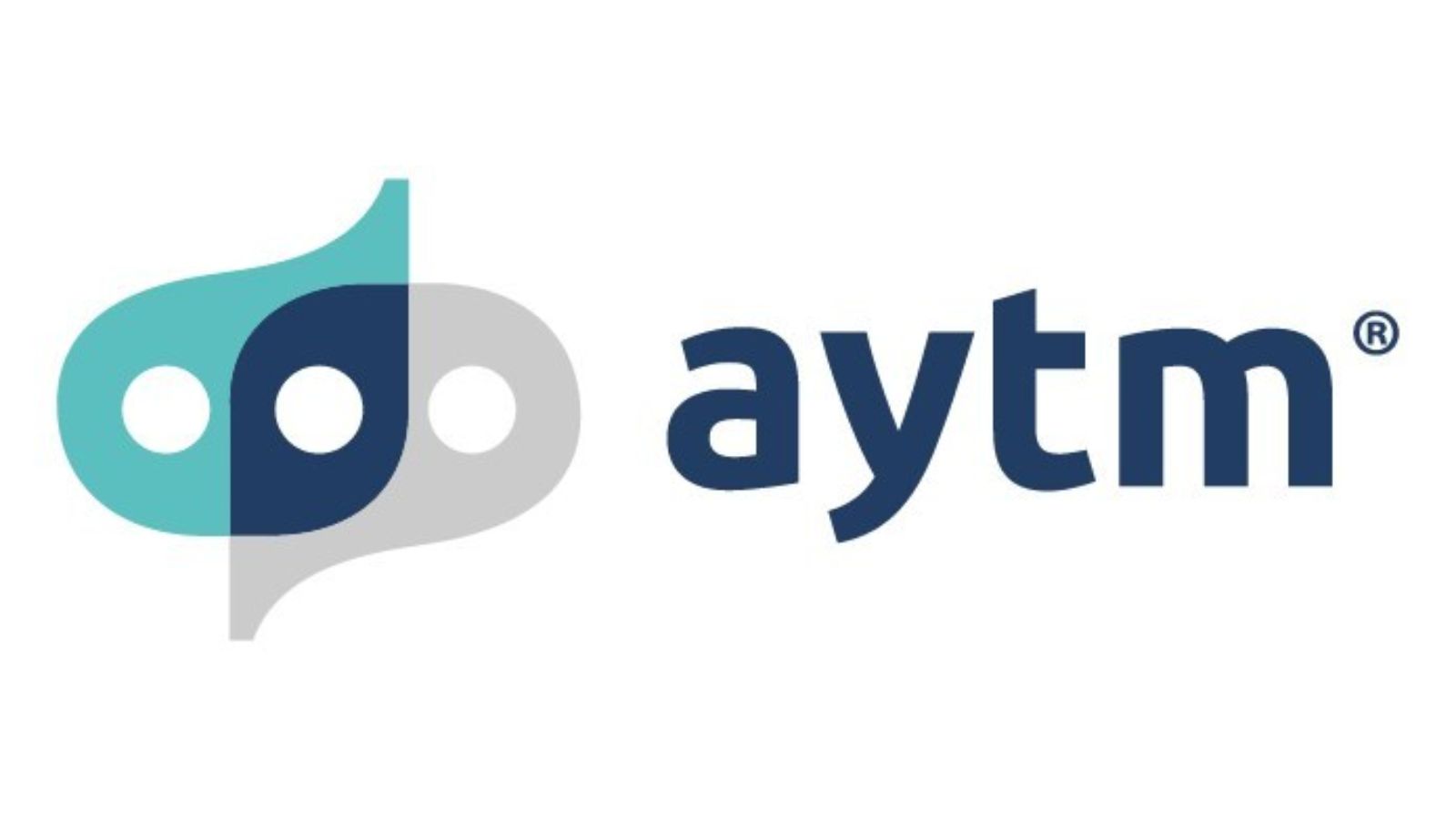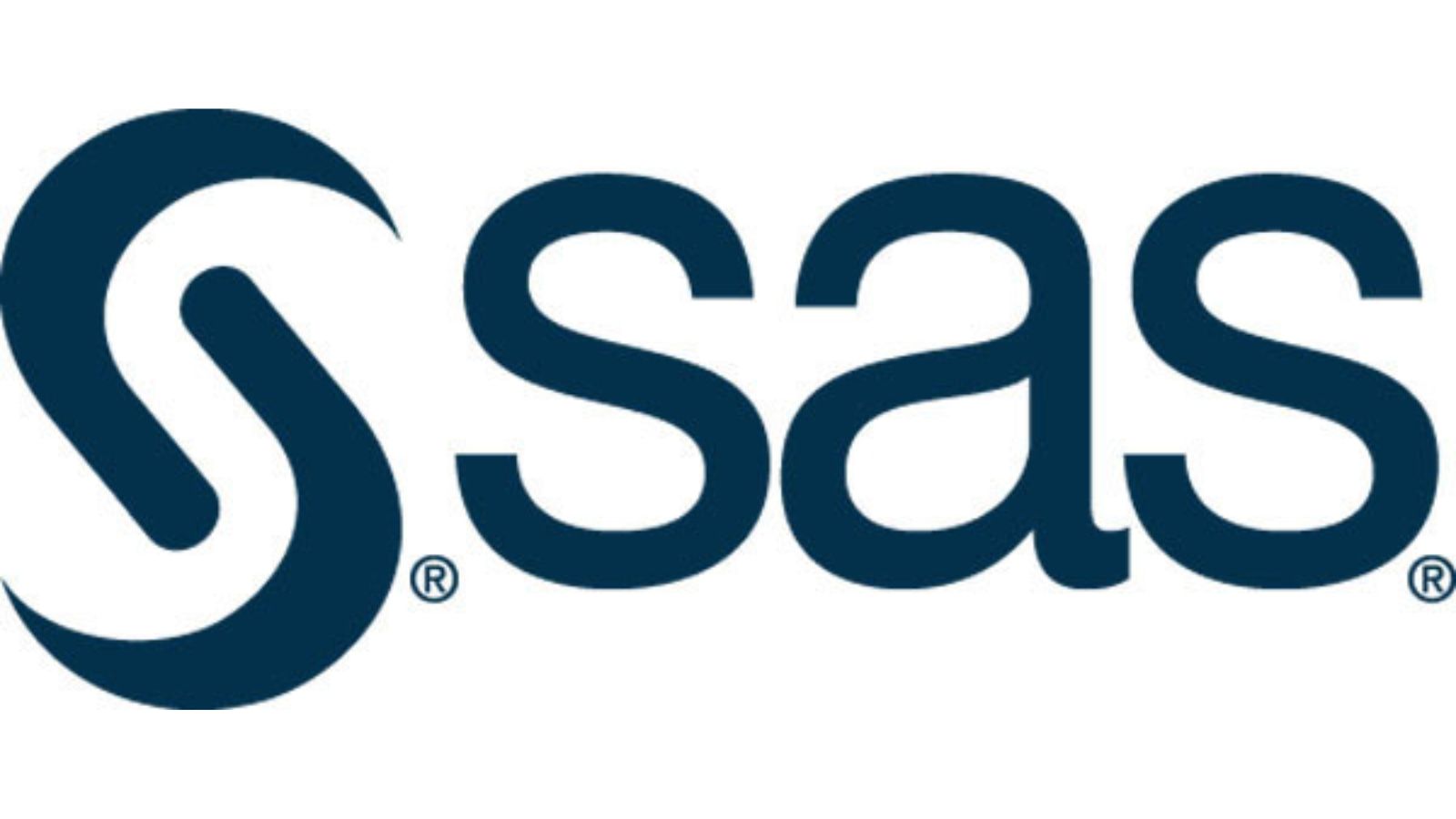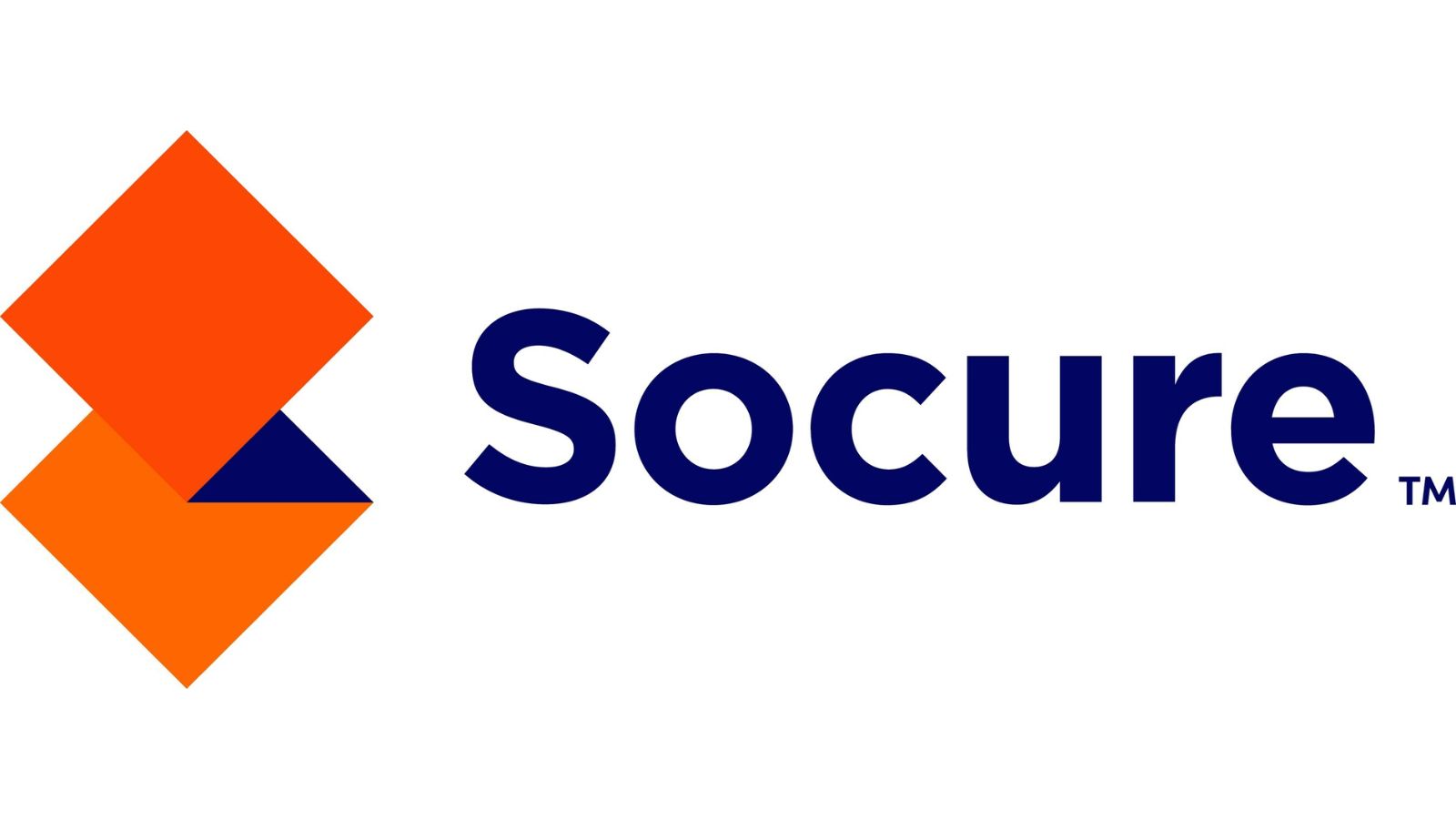In a groundbreaking development that has sent shockwaves throughout the virtual reality (VR) and augmented reality (AR) industries, reports have emerged detailing a strategic partnership between Meta (formerly Facebook) and Google centered around Android XR, Google’s extended reality platform. This collaboration, with its potential to reshape the landscape of immersive technology, has sparked intense speculation and analysis within the tech community.
The Partnership:
According to the report, Meta and Google have joined forces to leverage Google’s Android XR platform, a unified operating system designed to power a wide range of XR devices, including VR headsets and AR glasses. By integrating Meta’s expertise in VR and AR content creation and distribution with Google’s robust infrastructure and ecosystem, the partnership aims to accelerate the development and adoption of XR technology across various industries.
Implications for the Metaverse:
The implications of the Meta-Google Android XR partnership for the emerging metaverse are profound. With Meta’s vision of building a connected virtual universe and Google’s extensive reach and influence in the tech industry, the collaboration has the potential to drive significant advancements in immersive experiences, social interaction, and digital commerce within the metaverse. By standardizing XR technology on the Android platform, Meta and Google could lay the groundwork for a more accessible, interoperable, and expansive metaverse ecosystem.
Industry Impact:
The partnership between Meta and Google is poised to disrupt the VR and AR market dynamics, reshaping competition and collaboration among industry players. As Meta and Google deepen their integration of XR technology into the Android ecosystem, other companies in the space may face increased pressure to innovate and differentiate their offerings to remain competitive. Additionally, the partnership could pave the way for new business opportunities and revenue streams within the XR industry, fueling further investment and growth.
User Experience:
For consumers, the Meta-Google partnership holds the promise of a more seamless and immersive XR experience across devices and platforms. By leveraging the Android ecosystem’s familiarity and versatility, Meta and Google may enhance accessibility, performance, and content availability for users of XR devices, ultimately driving greater adoption and engagement with immersive technology. Moreover, the partnership could foster greater innovation in areas such as spatial computing, haptic feedback, and artificial intelligence, enriching the overall XR user experience.
Regulatory Scrutiny:
Amidst the excitement surrounding the Meta-Google Android XR partnership, concerns have been raised about potential regulatory scrutiny and antitrust implications. Given Meta and Google’s dominant positions in the tech industry and their ambitions in the XR space, regulators may closely monitor the partnership for signs of anti-competitive behavior or privacy violations. As XR technology becomes increasingly integrated into everyday life, ensuring fair competition and protecting user rights will be paramount considerations for policymakers and regulators.
The Meta-Google Android XR partnership marks a significant milestone in the evolution of immersive technology and the metaverse. By combining their respective strengths and resources, Meta and Google have the potential to drive innovation, expand access, and shape the future of XR experiences on a global scale. However, the partnership also raises important questions about competition, regulation, and the societal impact of immersive technology, underscoring the need for thoughtful dialogue and collaboration among stakeholders.
For more information and updates on the Meta-Google Android XR partnership, refer to [Road to VR’s report](https://www.roadtovr.com/report-meta-google-android-xr-partnership/).









Leave a Reply